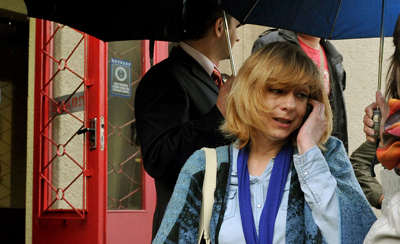
Lukashenko can unshackle Khalip, a ‘victim of the regime’
Is Irina Khalip, the prominent Belarusian journalist, free to travel? President Aleksandr Lukashenko, whose government prosecuted her on bogus charges of creating mass disorder, says that she is. That Khalip has not, the president said, shows that she would prefer to be known as a “victim of the regime.” Of course, this all seems strange…
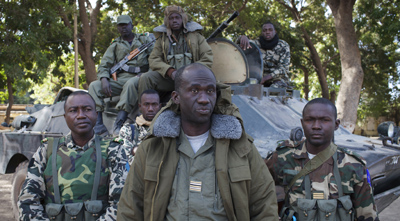
In Mali, a war ‘without images and without facts’
The French army is often called la Grande Muette, or “the Great Silent.” The war in Mali confirms the French military’s well-deserved reputation of being secretive about front-line actions. “Locking the information is more in the culture of the French army than of the U.S. army,” says Maurice Botbol, director of La Lettre du Continent.…
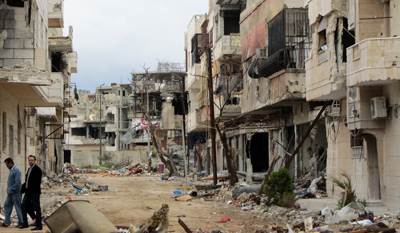
Preparation helps freelancers survive, thrive
When the story is so important but the risks are so high, journalists must keep safety at the forefront of their thinking. That’s especially true for freelancers who often do not have the support of a large news organization. Preparation, peer networking, and smart planning can help improve the odds of not only surviving hostile…
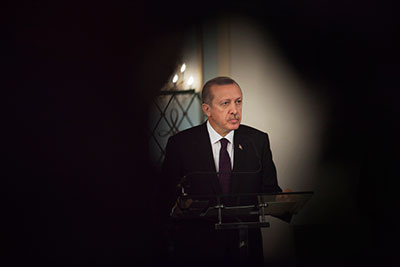
Press freedom: Barometer of the Turkish model
With Turkey recently in the spotlight because of its press freedom record–including dishonorable distinction as the world’s worst jailer of journalists–many international observers wonder how Ankara will overcome its image crisis and whether it will choose to resolutely base its broad strategic ambitions on the respect of global standards of press freedom. A new report…
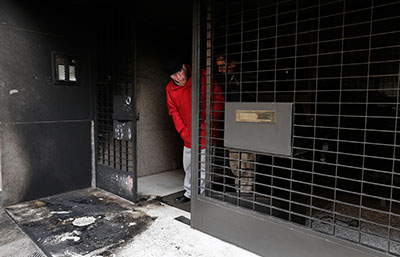
Greek journalists targeted from all sides
Greek journalists are on the alert since five small bombs exploded Friday on the doorsteps of the homes of several journalists in Athens. Although the makeshift devices only damaged the buildings’ entrances and no one was hurt, the attacks appear to be warning shots in a tense social context where journalists are increasingly in the…
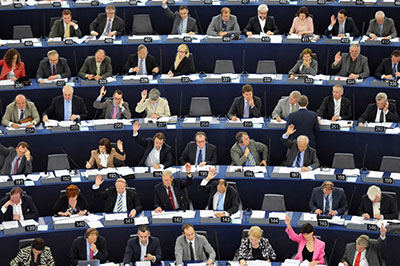
Members of European Parliament call to free Eskinder
On December 18, 16 members of the European Parliament (MEPs) wrote an open letter to Ethiopian Prime Minister Hailemariam Desalegn calling for the immediate release of the independent journalist and blogger Eskinder Nega, who was condemned in July to 18 years in prison under the country’s tough 2009 anti-terrorism legislation.

Combat deaths at a high, risks shift for journalists
Murder is the leading cause of work-related deaths among journalists worldwide–and this year was no exception. But the death toll in 2012 continued a recent shift in the nature of journalist fatalities worldwide. More journalists were killed in combat situations in 2012 than in any year since 1992, when CPJ began keeping detailed records.
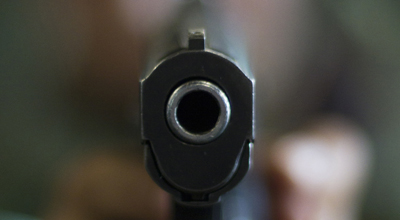
Journalists still murdered where impunity reigns
Almost half of the 67 journalists killed worldwide in 2012 were targeted and murdered for their work, research by the Committee to Protect Journalists shows. The vast majority covered politics. Many also reported on war, human rights, and crime. In almost half of these cases, political groups are the suspected source of fire. There has…